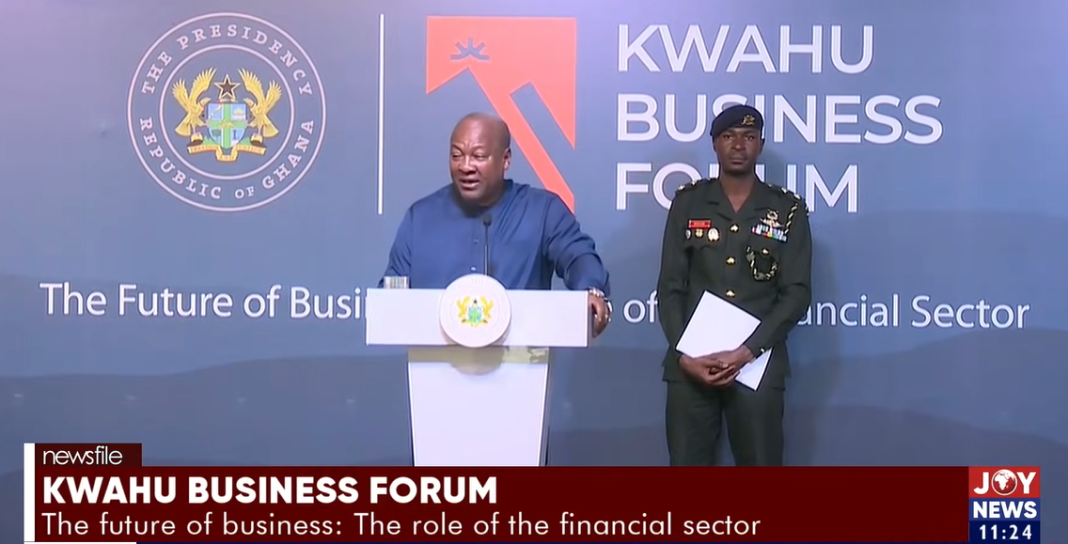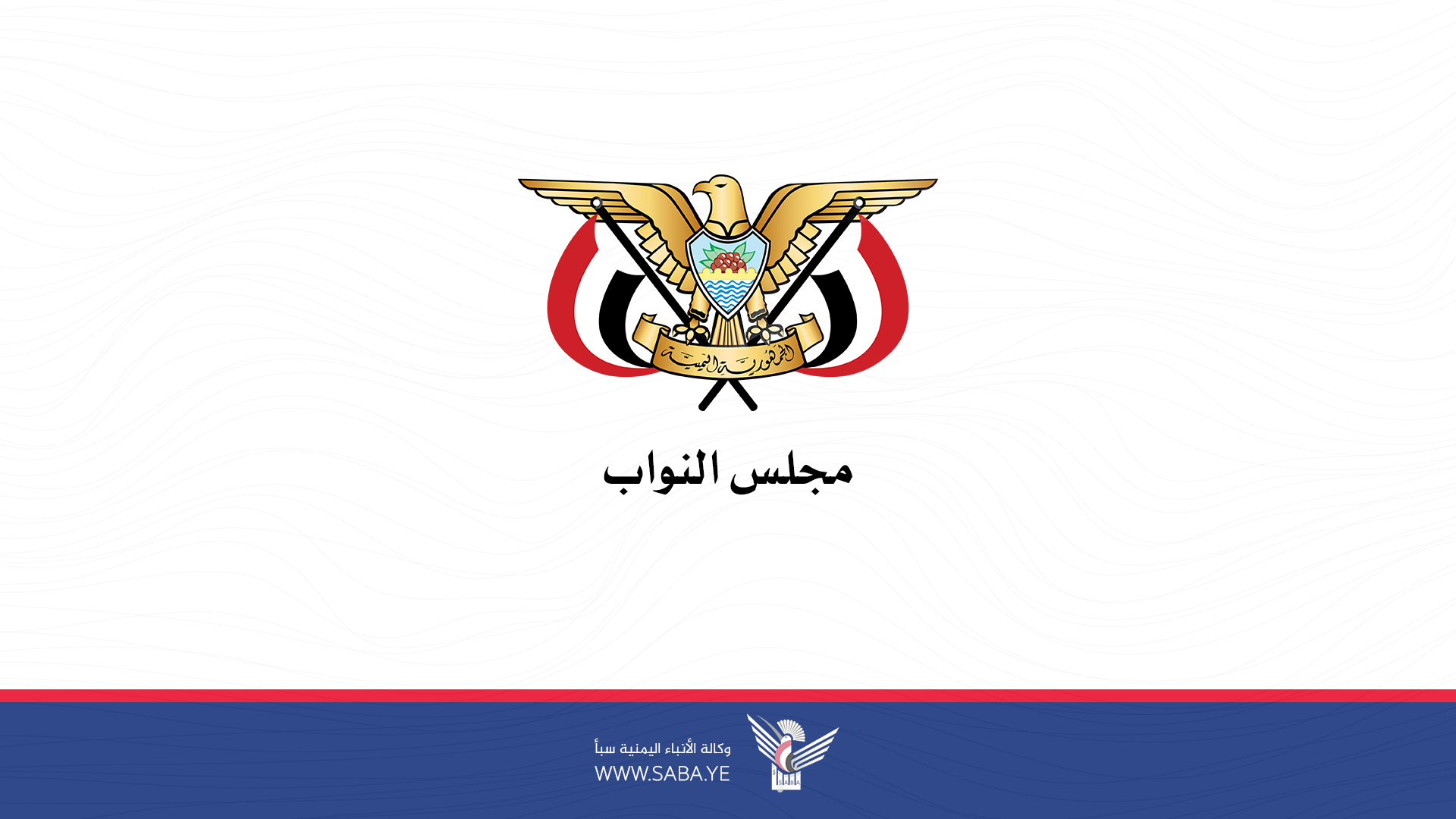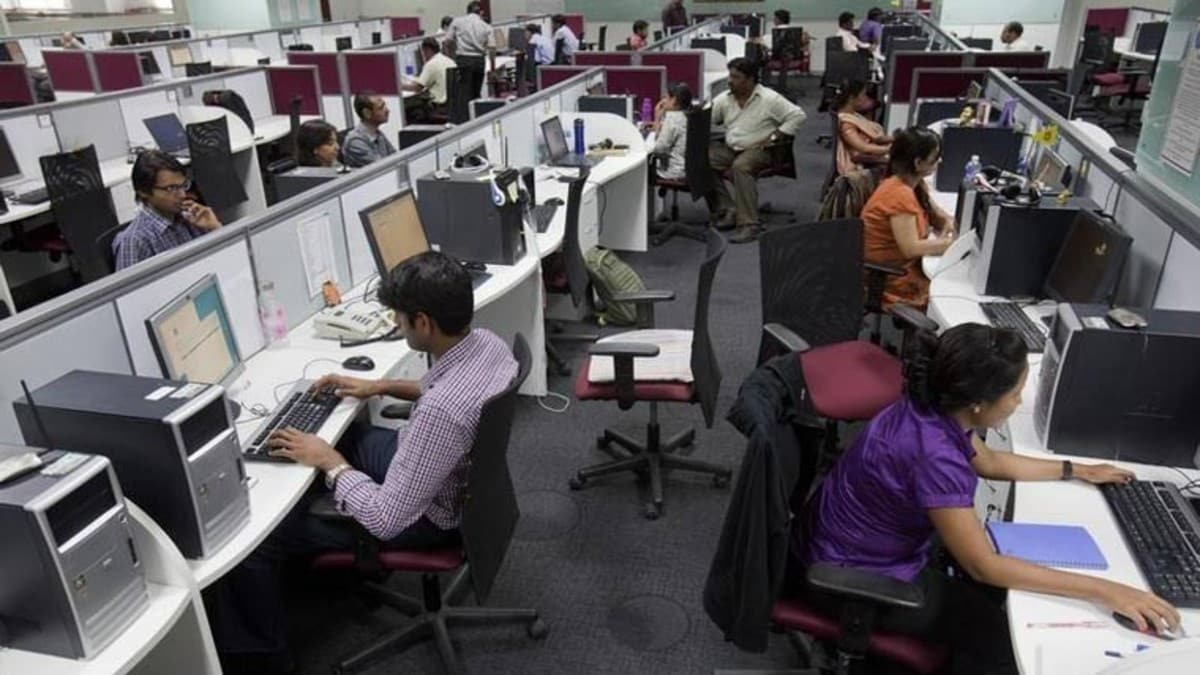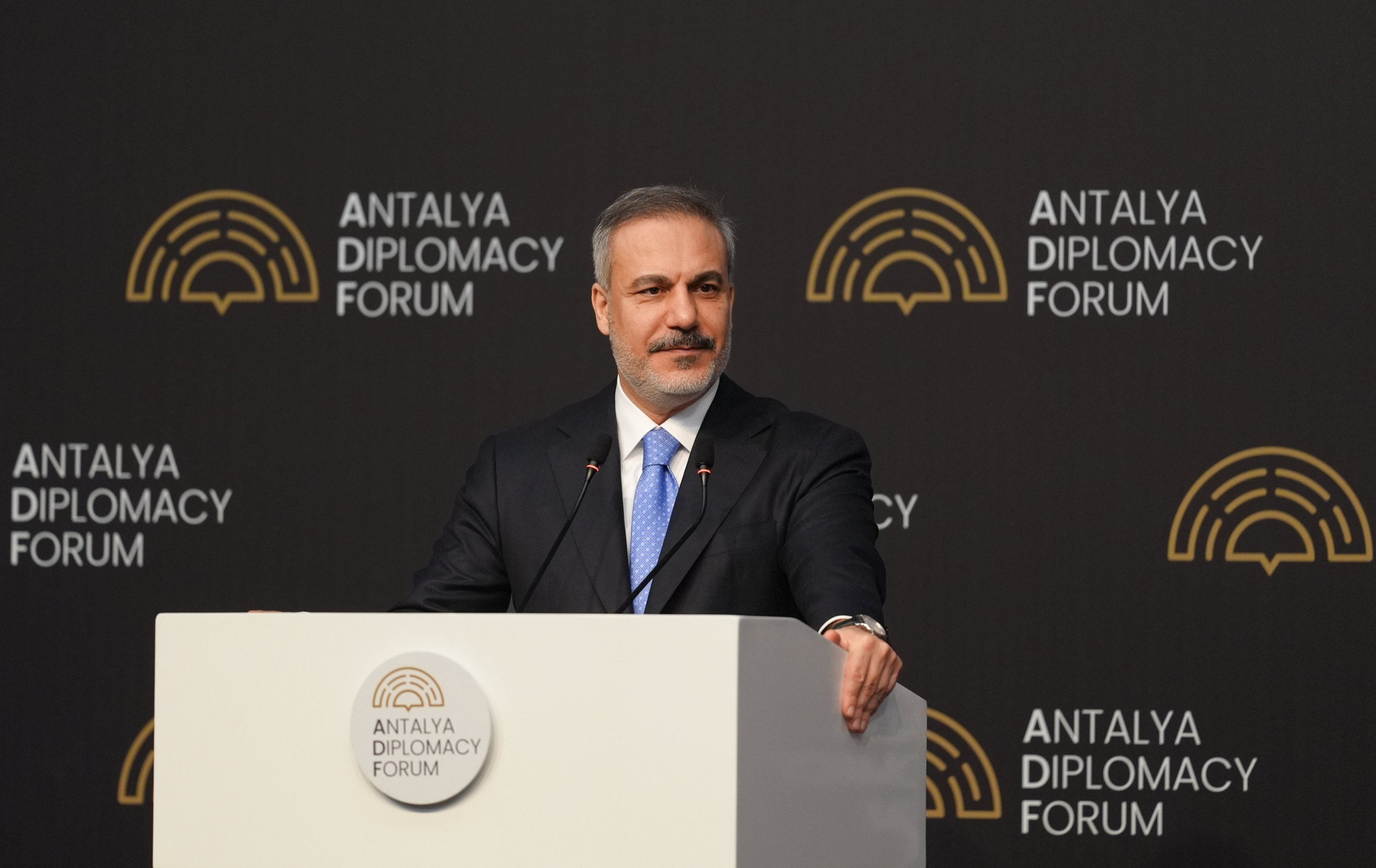With four weeks to go until the general election, Prime Minister Stuart Young is now prioritising foreign exchange for ordinary citizens. Last Tuesday, the Prime Minister met with members of the Bankers Association, various chairmen and CEOs of the country’s financial institutions, Finance Minister Vishnu Dhanpaul and Minister in the Finance Ministry Brian Manning. Two days later, at the post-Cabinet news conference on Thursday, Mr Young said, “We’ve been hearing about the difficulties with access, in particular, by the average citizens to foreign exchange, and it is something that I immediately prioritised.
” Young has been in the Government in multiple ministries for ten years now. Complaints from the public about forex access have been strident for most of that period. Yet now, faced with an electoral challenge as an untested prime minister, he is “immediately” prioritising the difficulties the small man (and woman) face in getting US dollars from the banks.

As political messaging to get votes, that’s fine. United National Congress (UNC) leader Kamla Persad-Bissessar, in her campaign launch last Monday, also promised “a fair distribution of forex”. As a matter of fiscal reality, however, words are wind.
Prime Minister Young himself admitted at the post-Cabinet news conference that the country is earning less foreign exchange. However, he betrayed a fundamental misunderstanding of the real economy when he said, “One of the items that came up for discussion was a grey market that exists out there and some of the illegal activity, for example, that may be taking place out there that affects foreign exchange.” In fact, this grey market has helped average citizens acquire foreign exchange.
But people are indeed breaking the law by selling US dollars, which only the Central Bank and registered dealers are authorised to do. The core reality, unaddressed by both Mr Young and Ms Persad-Bissessar, is that the forex problem can only be solved by economic growth in the overall trading sector. But, following his meeting with US Secretary of State Marco Rubio last Wednesday, Mr Young apparently continues to bank that hope on the energy sector, saying, “We agreed that there is a lot of room in there for Trinidad and Tobago to achieve what is needed domestically—the Dragon gas deal—as well as the role that we play throughout the region.
” The problem is, the Dragon, if it ever flies, will only start generating foreign exchange several years in the future, with 2027 being a highly optimistic deadline. At present, the limited availability of forex means the average citizen can only get more US dollars if banks reduce the allocations to businesses and give that currency to people who want forex for travel or other personal reasons. But, if businesses then face even more stringent shortages, that will create a different kind of stress for all citizens.
Moreover, figures from the Central Bank published this month show that the Government’s debt-to-GDP ratio now stands at 73%, with 19% comprising external debt that must be repaid in US currency. So, the Government itself has limited redistribution options, and that will pose a major challenge to whichever party is victorious on April 28..
Politics
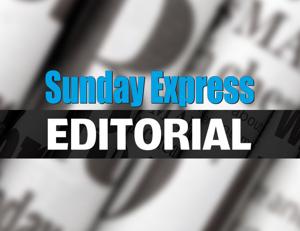
Forex fix or vote chase?

With four weeks to go until the general election, Prime Minister Stuart Young is now prioritising foreign exchange for ordinary citizens.Last Tuesday, the Prime Minister met with members of the Bankers Association, various chairmen and CEOs of the country’s financial...






